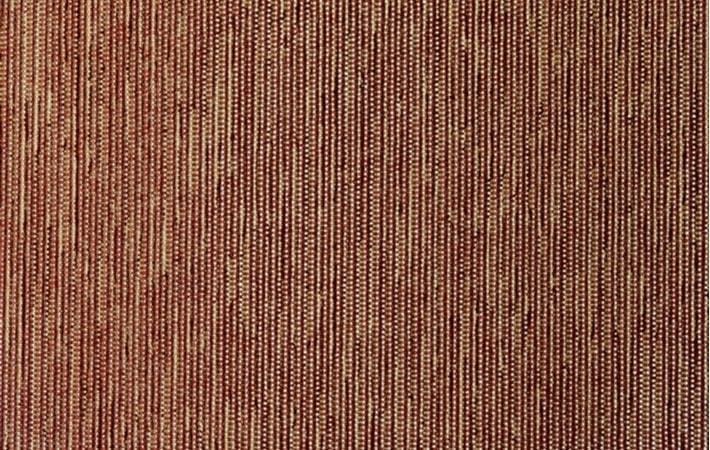Five Egyptian researchers recently claimed to have developed the world’s first high performance fibres and reinforcements from by-products of date palm pruning like frond and fruit stalks, also called PalmFil. The sustainable and economical fibre is compatible with textile and composite processing and offers the properties needed for future lightweight cars.
“In the 1980’s the shift from natural fibres to manmade fibers was mainly to bridge the gap between the increasing demand for textile fibers and the limited supply of natural fibers,” says Dr. Mohamad Midani, partner, PalmFil Consortium.
There are more than 140 million date palms mostly concentrated in the Middle East and North Africa, generating more than 4.8 million tonnes (dry weight) of by-products of pruning every year that is regarded as agriculture waste.
These by-products can be transformed into 1.3 million tonnes of natural textile fibres annually, ranking third after cotton and jute, said Mohamad Midani, partner, PalmFil Consortium.
PalmFil consortium succeeded in extracting the first long textile fibre from such by-products and converted it into fibre tow, chopped fibre, spun yarn/roving, non-woven mat, woven fabric and unidirectional tape, according to reports in textile trade websites.
The new product can be used in natural reinforcements for composites in automotive and sporting goods, plaster reinforcements in construction, burlap sacks for packaging, ropes, twines, non-wood papers and other consumer products.
The fibre is cent per cent biodegradable and compostable and has a specific tensile strength five times higher than structural steel, and equal to those of flax, hemp and sisal. Its vibration damping and acoustical insulation is higher than those of glass and carbon and thermal insulation higher than carbon.
Moreover, it can be easily blended with other long fibres like flax, sisal and abaca, or it can be chopped and blended with hemp, kenaf and jute.
The PalmFil consortium has more than 50 years of experience in fibre science, textile technology and composite engineering. It is now seeking partnership to further develop, scale up and commercialise the technology.

